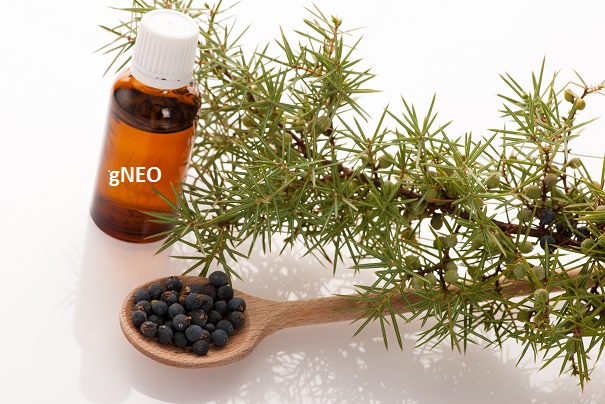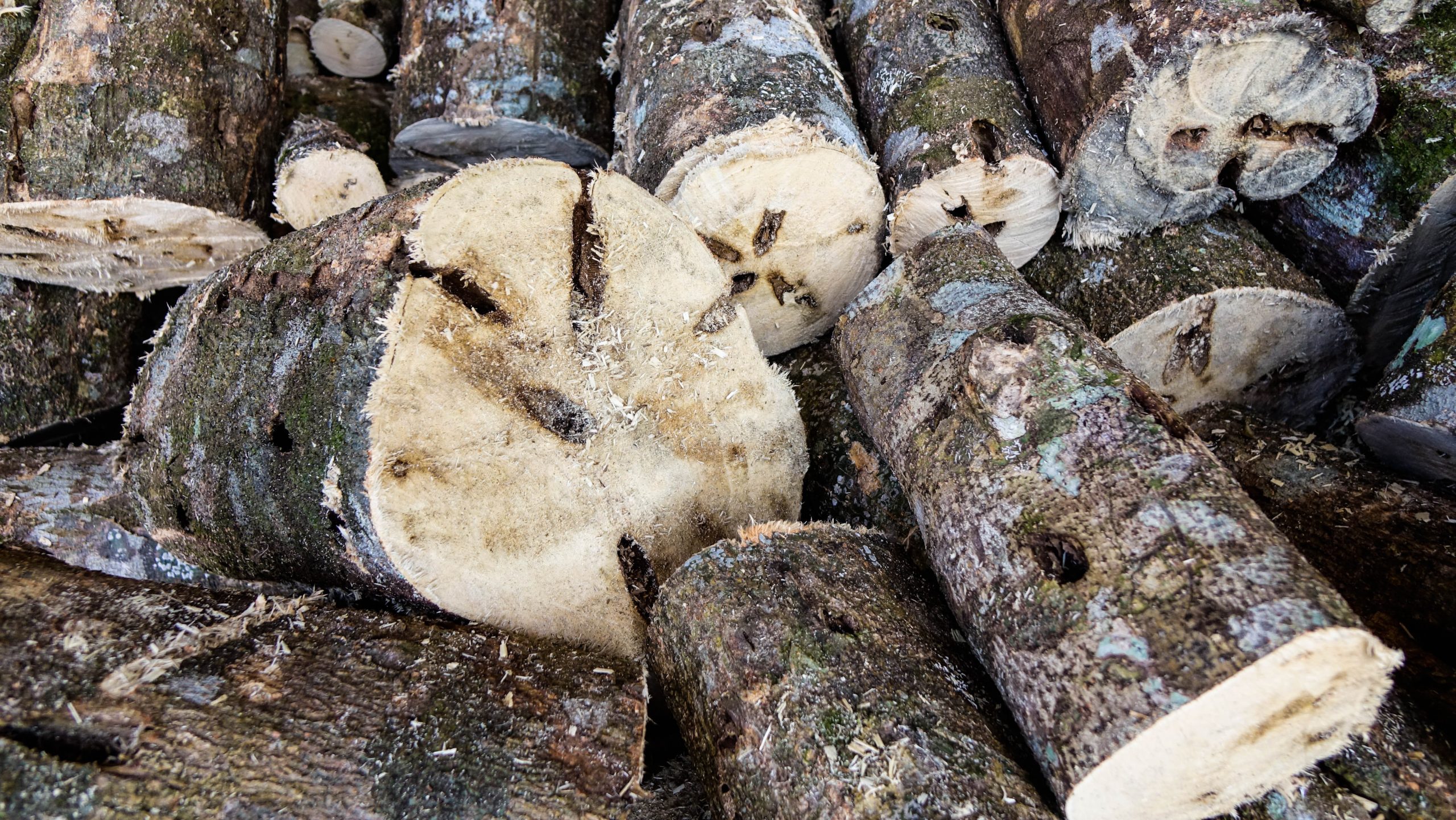Description: Pine Essential oil is a phenolic disinfectant that is mildly antiseptic. Its scent is associated with the outdoors, and is a frequent addition to winter essential oil diffuser blends, cleaning solutions and men’s cosmetics. green liquid with a medium, slightly oily consistency. Its chemical constituents include limonene, b-pinene, a-pinene, myrcene, d3-carene. It is widely grown in the northern hemisphere, as it is well-suited to cold climates. It is probably for this reason that the oil is able to withstand extremely cold temperatures, in some cases as low as -40F. Pine oil has been used for centuries in folk medicine, by the Native Americans to treat colds and respiratory conditions, to ward off scurvy, and was often used to stuff mattresses in order to repel insects, bedbugs and lice. Hippocrates, long considered the father of western medicine, lauded pine essential oil in the treatment of respiratory conditions. The Roman author, naturalist and philosopher, Pliny the Elder, wrote about its benefits in the curing of lung infections. Pine resin is used to produce rosin, which stringed instrument players use to give their bows the proper stick against the strings.
Pine oil is an essential oil obtained by the steam distillation of stumps, needles, twigs and cones from a variety of species of pine. In alternative medicine, it is said to be used in aromatherapy, as a scent in bath oils or more commonly as a cleaning product, and as a lubricant in small and expensive clockwork instruments. infections. Pine resin is used to produce rosin, which stringed instrument players use to give their bows the proper stick against the strings. Pine resin was also used by the ancient Greeks as an additive to wine and some foods for export, in order to preserve and protect from anaerobic bacteria.
Botanical name : Pinus sylvestris
Plant Part: Stumps, needles, twigs and cones from a variety of species of pine.
Extraction Method: Steam distillation
Odor and color : Depending on its source, pine oil may either have a fresh, earthy, and forest-like fragrance or a strong, dry, balsamic, turpentine-like odor.
Country of origin : Austria
Main Constituents: Its chemical constituents include limonene, b-pinene, a-pinene, myrcene, d3-carene.
Common Uses: Pine essential oil is derived from the needles of pine trees through steam distillation. It possesses a fresh, woody, and invigorating aroma, and it has been used for various purposes throughout history. Here are some common uses of pine essential oil:
Aromatherapy: Pine essential oil is often used in aromatherapy due to its uplifting and energizing scent. Inhaling the aroma can help alleviate stress, anxiety, and mental fatigue.
Respiratory Health: The aroma of pine oil can help clear the respiratory passages and promote easier breathing. It is often used in inhalers, vaporizers, or added to a steam bath to provide relief from congestion, coughs, and colds.
Pain Relief: Pine oil has analgesic properties that can help alleviate muscular aches and pains. It is sometimes used in massage blends or added to bathwater to relax sore muscles.
Skin Care: Pine oil is believed to have antimicrobial and anti-inflammatory properties, making it potentially useful for certain skin conditions. It can be diluted with a carrier oil and applied topically to help soothe minor skin irritations or insect bites.
Household Cleaning: The antiseptic and antibacterial properties of pine oil make it a popular ingredient in natural cleaning products. It can be added to homemade cleaners to help disinfect surfaces and leave a fresh scent.
Mood Enhancement: Pine essential oil’s refreshing scent can help improve mood and alleviate feelings of fatigue or lethargy. Diffusing the oil in your living space can create a positive atmosphere.
Air Freshener: Pine oil can be added to diffusers or potpourri to freshen indoor air and create a forest-like ambiance.
Hair Care: Pine oil is sometimes used in hair care products due to its potential to promote scalp health and reduce dandruff. It can be added to shampoos or diluted with a carrier oil for scalp massages.
Natural Deodorant: The pleasant aroma of pine oil, along with its antimicrobial properties, makes it a candidate for natural deodorants.
Grounding and Relaxation: The earthy and grounding aroma of pine essential oil can be used during meditation or yoga practices to promote relaxation and mental clarity.
Note: Middle
Blend Well With: Pine essential oil blends well with many other essential oils. Some popular combinations include Citrus Oils, Lavender, Frankincense, Patchouli, Rosemary, Juniper Berry, Cypress, Tea Tree, Rosemary, Frankincense.
Contraindications: It is considered safe to use. Just like many other essential oils, it is wise to use this oil after dilution with a carrier oil, as it can be sensitive and irritating to the skin. Before you use this oil on your skin, it is advisable that you conduct a patch test before making it a routine.
Do not use internally, unless directed by a physician. For pregnant women and nursing mothers, it is safe to consult first with your physician before using oil. Do not use on broken skin or on abrasions.
*These statements have not been evaluated by the Food and Drug Administration. This product is not intended to diagnose, treat, cure, or prevent any disease.*
For large quantities please contact us via our phone number or through the Contact Us page.
Like us on Facebook.









Anonymous (verified owner) –
Tanja H. (verified owner) –